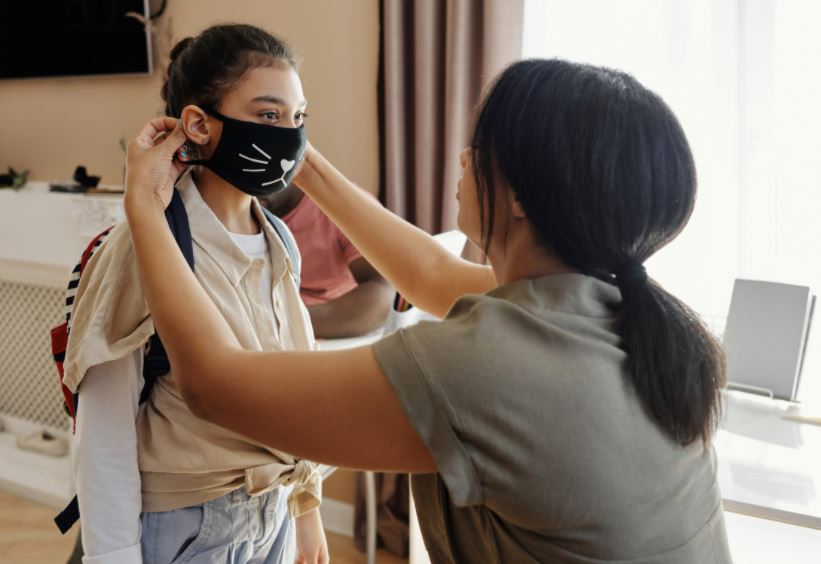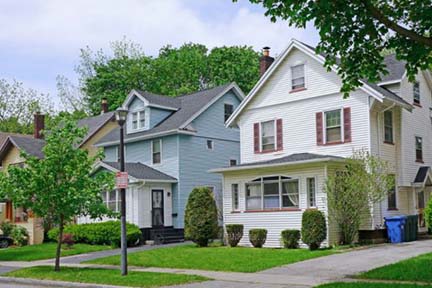
Governor Whitmer Proposes $2.1 Billion Investment to Grow the Middle Class, Support Small Businesses, and Invest in Communities
Governor lays out proposals to continue Michigan’s ongoing economic jumpstart by utilizing historic influx of federal resources to make critical, long-term investments in families, communities, small businesses.
LANSING, Mich. — Today, joined by business leaders and public officials in Lansing, Governor Gretchen Whitmer laid out a $2.1 billion proposal to grow Michigan’s middle class, support small businesses, and invest in communities by tackling several underlying issues. As Michigan’s economic jumpstart continues, Governor Whitmer’s proposals will tackle underlying issues faced by families, communities, and small businesses and take advantage of the historic influx in federal resources to deliver meaningful change that makes a real difference in people’s lives.
“Since day one, I have been laser-focused on putting Michiganders first and tackling kitchen-table issues with real, tangible solutions.” said Governor Whitmer. “As we emerge from the once-in-a-century pandemic, we have a once-in-a-generation opportunity to use billions in federal resources to grow Michigan’s middle class, support small businesses, and invest in our communities. With the $2.1 billion in proposals I have laid out, we can raise wages, give people paths to high-skill jobs, grow start-ups, build clean energy infrastructure, and do so much more. I’m utilizing every resource and ensuring that we continue to take bold action to help families, communities and small businesses thrive. Together, we can usher in new era of prosperity for Michigan.”
Michigan’s economic jumpstart is underway. The state had the fastest growing economy in the Midwest over the first three months of this year, a lower unemployment rate than the national average, a $3.5 billion surplus up from a projected $3 billion deficit, and two boosted credit rating outlooks. Michigan’s manufacturing industry continues to soar, leading the country in automotive manufacturing and appearing near the tops of several lists on job creation, business climate, and foreign direct investment.
But the state faces several economic challenges too. There are too many jobs that do not pay enough, not enough workers to fill open jobs, not enough workers with the skills necessary to fill high-skill jobs, a lagging entrepreneurial sector, and a lack of affordable, attainable housing.
The proposals Governor Whitmer is laying out today address these challenges under three key pillars: $722 million to grow the middle class and educate more workers, $651 million to support small businesses and create better jobs, and $800 million to build housing and invest in communities. There are several proposals under each of these three pillars.
To grow the middle class and educate workers, the Governor is calling for a $215 million expansion of Michigan Reconnect and Future for Frontliners, $70 million investment to growing the pipeline of talented workers to industry, a $100 million influx for the Going Pro credential program, and further investments in programs that offer work experience to Michiganders earning their GEDs and help those reentering society after incarceration transition into the workforce.
To support small businesses and create better jobs, the Governor is building on her $300 million Michigan Mainstreet Initiative, which offers grants to restaurants, place-based businesses, and microenterprises with further dollars to attract more start-ups. She outlined a $200 million investment to create a more conducive business environment for high-tech, high-growth start-ups and create jobs of the future in Michigan. The Governor put forward $40 million to speed up electric vehicle charging infrastructure and $100 million to prepare manufacturers and the workforce for opportunities of the future. Finally, she proposed an $11 million investment into the STEM Forward program, which places STEM students in internships in Michigan and improves talent attraction and retention.
To invest in our communities, Governor Whitmer expanded on her previous proposal to put $100 million towards building 2,000 units, create 1,600 jobs, and house 6,000 Michiganders. She’s proposing a further $50 million to create a healthier, cleaner, and more energy efficient homes, $100 million to rehabilitate vacant buildings, and $200 million to redevelop brownfield sites. She also proposed $100 million to build development-ready sites conducive to business investment.
Today’s economic announcement will build on Governor Whitmer’s Michigan’s Economic Jumpstart Plan she unveiled in June. The plan would invest in working people and small businesses in Michigan by increasing incentives to boost wages and attract applicants, provide grants to small businesses to ramp up hiring, and expand access to childcare for families with young children who want to return to work but cannot. Together, today’s proposal and the jumpstart plan will help Michigan’s families, communities, and small businesses thrive.
“Local businesses and economic development contribute to the growth of a city. It’s vital that we continue to support and invest directly into communities like Lansing. I am proud to stand by Governor Whitmer’s side to support her proposal to use federal funds to help small businesses and families – the lifeblood of thriving communities,” said Lansing Mayor Andy Schor.
“We’re thankful for the Governor’s willingness to address the biggest challenge facing our Michigan manufacturers, that being a large and talented workforce,” said John Walsh, President and CEO of the Michigan Manufacturers Association. “The proposed investments in training and education will create opportunities for our citizens and growth in manufacturing. We look forward to working with the Whitmer Administration and the legislature as they finalize their recommendations.”
“Michigan has a once-in-a-generation opportunity to invest in talent development, entrepreneurship, and job creation to help us emerge from the pandemic as a stronger, more competitive state,” said Jeff Donofrio, Business Leaders for Michigan CEO. “The Governor’s proposed investment would help to close the skills gap, remove barriers to work, keep and attract talent, increase entrepreneurship, and create jobs in Michigan. We look forward to working with the Governor and legislative leadership on these and other transformational investments.”
|



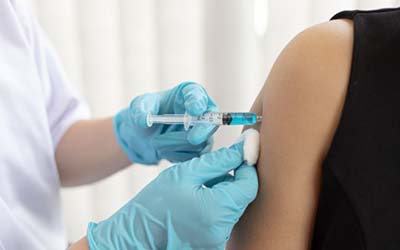


 Aug. 25, 2021
Aug. 25, 2021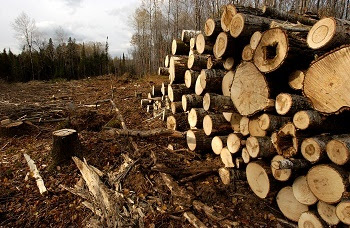 A single tree can absorb as much as 48 pounds of carbon dioxide in a year. By the time a tree is 40 years old, it can store 1 ton of carbon. If these trees are then used to make long-lasting wood products, the carbon they absorbed from the atmosphere is captured or “stored” within the manufactured furniture, houses or countless other items.
A single tree can absorb as much as 48 pounds of carbon dioxide in a year. By the time a tree is 40 years old, it can store 1 ton of carbon. If these trees are then used to make long-lasting wood products, the carbon they absorbed from the atmosphere is captured or “stored” within the manufactured furniture, houses or countless other items.
 Beyond the air-quality benefits – Michigan’s forests can substantially reduce the amount of carbon dioxide that has been released to the environment, which cuts air pollution and helps mitigate the effects of climate change – the carbon-credits project will allow the DNR to credit crucial dollars to funding sources that support the Pigeon River Country State Forest.
Beyond the air-quality benefits – Michigan’s forests can substantially reduce the amount of carbon dioxide that has been released to the environment, which cuts air pollution and helps mitigate the effects of climate change – the carbon-credits project will allow the DNR to credit crucial dollars to funding sources that support the Pigeon River Country State Forest.
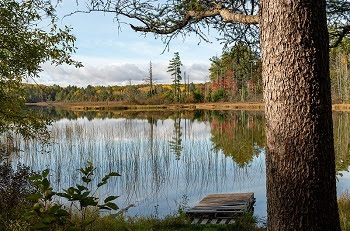 Bluesource, the company selected last fall to manage the DNR’s carbon credits development and marketing program, is a Salt Lake City firm that has pioneered creative solutions to climate risk since 2001.
Bluesource, the company selected last fall to manage the DNR’s carbon credits development and marketing program, is a Salt Lake City firm that has pioneered creative solutions to climate risk since 2001.
